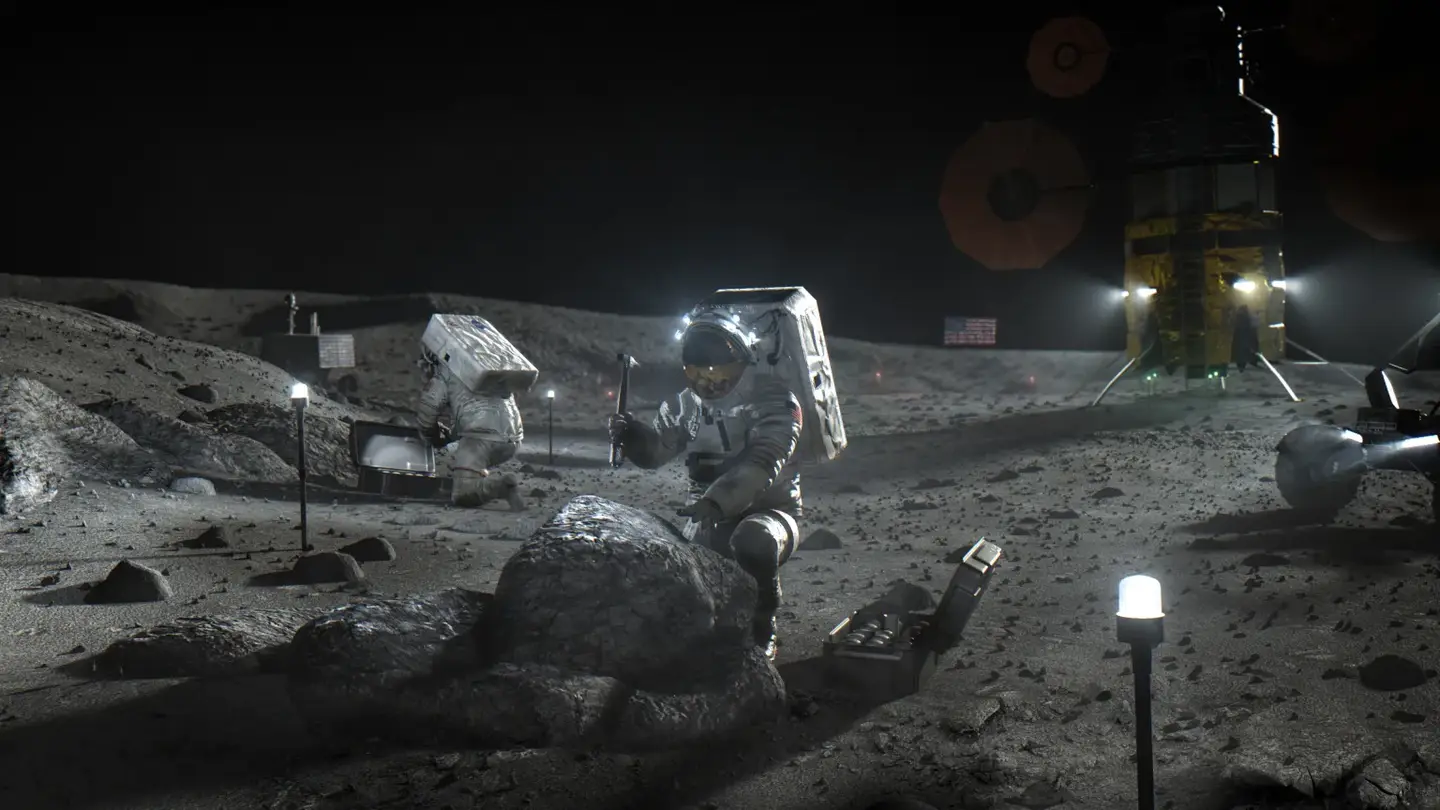This Week’s Awesome Stories from Around the Web (Through Oct 31)

Share
ROBOTICS: Robots Can Now Teach Each Other New Tricks
Will Knight | Technology Review
"The work is part of an effort to figure out how robots might share information in useful ways. That could reduce the need for meticulous reprogramming, and it could allow robots to adapt to quickly when faced with a new task or an unfamiliar setting."
ARTIFICIAL INTELLIGENCE: Why Artificial Intelligence Researchers Love 'Super Mario Bros.'
Jordan Pearson | Motherboard
"Games are ideal platforms for this sort of work; the logic, creativity, situational awareness, and decision-making skills required of players to both play and create new levels is what researchers are striving for in AI. But what, exactly, is it about Mario games that has made them the platform of choice for researching machine intelligence?"
AUTOMATION: Your Robot Replacement Has Arrived
Thomas Claburn | Information Week
"RPA allows people to generate code through a menu-driven drag-and-drop visual interface. That code can then handle structured, repetitive tasks like onboarding employees at a large company. Think of it as software that can be trained to operate the business applications a human would use for routine clerical or administrative work."
INTERNET OF THINGS: The future is the Internet of Things—deal with it
Sean Gallagher | Ars Technica
"The IoT future could also be shaped by how governments respond to popular concerns about their privacy. The recent response to security research on connected automobiles and the mixed reception that autonomous unmanned aircraft are getting are just the beginning. Throw in concerns about cloud computing and the upturning of 'Safe Harbor' data agreements by the European Union's courts, and the roadmap for the IoT devices gets even more complicated."
LONGEVITY: The Science Surrounding Cryonics
David W. Crippen, Robert J. Shmookler Reis, Ramon Risco, & Natasha Vita-More | Technology Review
"It is easy to dismiss controversial practices such as cryonics and gloss over the research surrounding them, but we should remember and even respect that prevailing views are often shown to be incorrect, and that what is impossible now may be possible in the future. For example, Ignaz Semmelweis, the father of germ theory, was widely ignored when he proposed in the 19th century that nurses and doctors should wash their hands before treating patients."
DIGITAL MEDIA: How the New York Public Library Is Reinventing Itself
Tim Carmody | Slate
"If these projects reflect the wider world and culture of technology, what is their trajectory? Where are we headed?...Doubtlessly, all of these tools and experiences will play some part in our future and libraries’ as well. But Labs’ most successful and appealing projects suggest something more subtle: a fusion of the new with the old, the past and the future, the high-tech and the all-too-human."
Be Part of the Future
Sign up to receive top stories about groundbreaking technologies and visionary thinkers from SingularityHub.


FOOD is the Global Grand Challenge
for the Month of October
"Access to sufficient, safe and nutritious food to maintain a healthy and active life for all people at all times."
from Singularity University's 2015 Impact Report
REDUCING WASTE: Americans Waste Way Too Much Food At Home. Here's What Can Be Done
Joseph Erbentraut | Huffington Post
"Americans end up throwing out about one-quarter of the food they buy and about 97 percent of that waste ends up in landfills, contributing to greenhouse emissions. At the same time, there are nearly 50 million food-insecure Americans who are going without."
BIG DATA: How big data will help solve global food problems
University of Reading | Phys.org
"Farmers' profits, rural biodiversity, and consumer choice could all improve significantly by sharing data about the food system. That's the aim of Agrimetrics - the world's first big data centre of excellence for the entire food chain, which is officially launched at its new headquarters in Hertfordshire today (26 October) by the UK government ministers for farming and life sciences."
Image Credit: Shutterstock
David started writing for Singularity Hub in 2011 and served as editor-in-chief of the site from 2014 to 2017 and SU vice president of faculty, content, and curriculum from 2017 to 2019. His interests cover digital education, publishing, and media, but he'll always be a chemist at heart.
Related Articles

This Week’s Awesome Tech Stories From Around the Web (Through February 14)

Vast ‘Blobs’ of Rock Have Stabilized Earth’s Magnetic Field for Hundreds of Millions of Years

Elon Musk Says SpaceX Is Pivoting From Mars to the Moon
What we’re reading